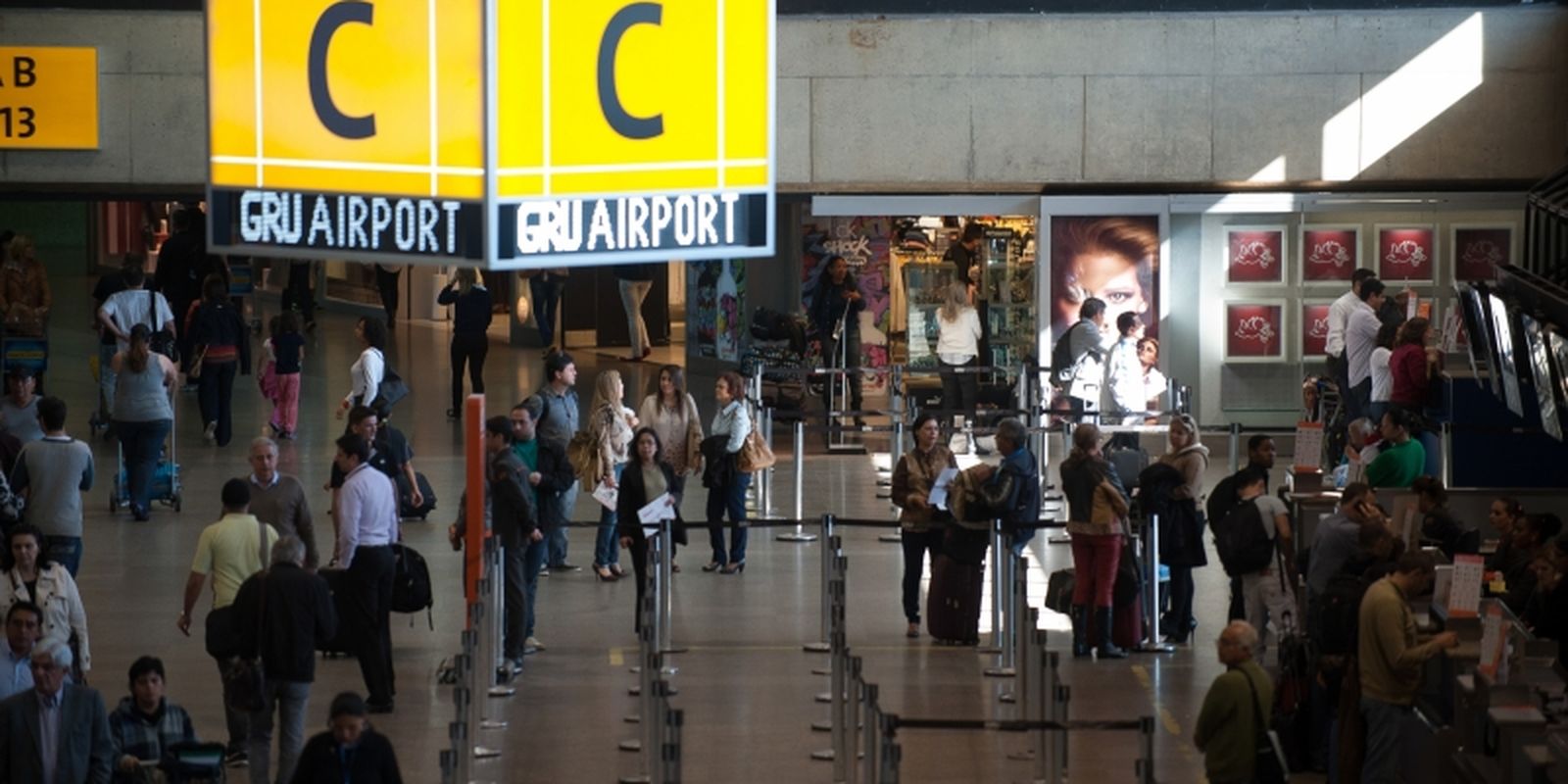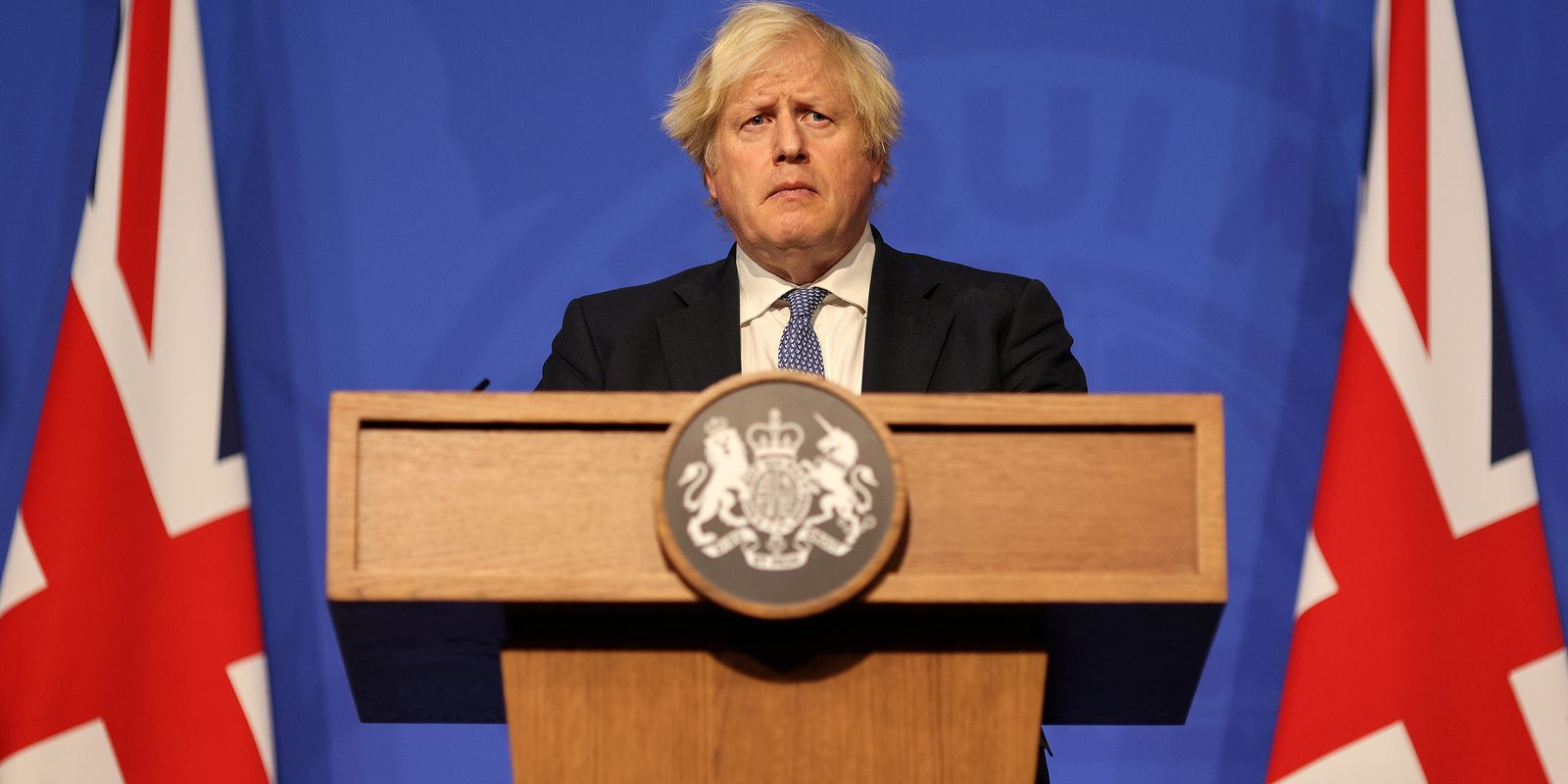The Minister of the Superior Electoral Court (TSE) Mauro Luiz Campbell Marques declared this Tuesday (16) that “no one better” than Minister Alexandre de Moraes to “conduct the elections in a firm, impartial, technical, predictable and democratic way”.
The speech was delivered during the investiture of ministers Alexandre de Moraes and Ricardo Lewandowski as president and vice-president of the TSE, respectively. Ministers will command the court during the campaign, voting and ratification of the 2022 election result, in addition to the inauguration of elected officials in 2024.
“Having Alexandre de Moraes as President of the Superior Electoral Tribunal is a very particular form of benign interference by fate in our recent history. impartial, technical, predictable and democratic”.
With the succession, Minister Luiz Edson Fachin, in charge of the Court since February, leaves the presidency of the TSE.
In his speech, Campbell Marques also touched on the trajectory of Moraes and Lewandowski. The TSE minister said the new president of the tribunal was “a very dedicated student”.
“Unlike many of his generation, Alexandre was not a militant student, but a very dedicated and studious student who very early became a professor of preparatory courses and already in 1997 he was going to start one of the most achievements in contemporary Brazilian history,” Campbell said.
Of Lewandowski, Campbell said “his serenity, his chivalry and his great legal culture will be great allies in the presidency which begins now.”
“Ricardo Lewandowski once presided over the Federal Supreme Court, this Superior Electoral Court, he acted as interim President of the Republic and, uniquely, he also presided over the National Congress in extreme circumstances in our democracy. He is one of those ministers who have marked the history of the Federal Supreme Court and by extension of Brazil. His serenity, his chivalry and his great legal culture will be great allies in the upcoming presidency.
The TSE minister also said he had confidence in “the ability of the Brazilian people to honor and respect democratic traditions of tolerance and restraint in political conflicts”.
“I could not fail to convey my last words of confidence in the ability of the Brazilian people to honor and respect the democratic traditions of tolerance and restraint in political conflicts,” the minister said.
“We have crossed mountains and plains in our recent history, we have learned from our own mistakes and we cannot have the illusion that fractures can be repaired without pain and suffering. troubled past, but we cannot leave aside the hope and optimism so dear to our people and our national spirit,” he added.
The investiture ceremony mobilized the political and judicial world in a movement to reaffirm confidence in the electoral system adopted by Brazil for decades. The list of authorities present included:
- President Jair Bolsonaro and Ministers Paulo Sérgio Nogueira (Defence), Fábio Faria (Communications), Ciro Nogueira (Casa Civil), Augusto Heleno (Office of Institutional Security), Paulo Guedes (Economy), Wagner Rosário (Comptroller General of Union), Luiz Eduardo Ramos (Secretary General of the Presidency), Anderson Torres (Justice and Public Security), Carlos França (Foreign Affairs), Ronaldo Vieira Bento (Citizenship), Carlos Alberto Brito (Tourism), Célio Faria Jr (Secretary of the government), Bruno Bianco (Advocate General of the Union);
- the former Presidents of the Republic José Sarney, Luiz Inácio Lula da Silva, Dilma Rousseff and Michel Temer – undergoing medical treatment, Fernando Henrique Cardoso was not present, but sent a letter to the TSE;
- Governors Waldez Góes (AP), Wilson Lima (AM), Rui Costa (BA), Maria Isolda Cela (CE), Renato Casagrande (ES), Ronaldo Caiado (GO), Mauro Mendes (MT), Reinaldo Azambuja (MS), Romeu Zema (MG), Helder Barbalho (PA), João Azevedo (PB), Ratinho junior (PR), Paulo Câmara (PE), Claudio Castro (RJ), Fátima Bezerra (RN), Antônio Denarium (RR), Ranolfo Vieira (RS), Carlos Moisés (SC), Rodrigo Garcia (SP) and Wanderlei Barbosa (TO);
- federal authorities such as the President of the Central Bank, Roberto Campos Neto; the Attorney General of the Republic, Augusto Aras, and the Deputy Attorney General for Elections, Paulo Gonet Branco; the presidents of the Chamber, Arthur Lira (PP-AL), and of the Senate, Rodrigo Pacheco (PSD-MG);
- presidential candidates Ciro Gomes, Simone Tebet and Soraya Thronicke (in addition to Lula and Bolsonaro, listed above);
- STF ministers Luiz Fux, Gilmar Mendes, Cármen Lúcia, Rosa Weber, André Mendonça, Luís Roberto Barroso, Edson Fachin, Dias Toffoli and Nunes Marques;
- former STF ministers Francisco Rezek, Marco Aurélio Mello, Ayres Britto, Sepúlveda Pertence, Carlos Velloso, Nelson Jobim;
- senior court ministers such as Ives Gandra Martins Filho, Jorge Mussi, Sérgio Banhos, Humberto Martins, Carlos Horbach, Luis Felipe Salomão;
- diplomatic representatives of Slovenia, France, Georgia, India, Ireland, League of Arab States, New Zealand, Palestine, Egypt, Costa Rica, Equatorial Guinea, Nicaragua, Turkey, Cuba, Cape Verde, Chile, Ecuador, Haiti, Malawi, Paraguay, Peru, Dominican Republic, Iran, Uruguay, Czech Republic, Russia, Switzerland, European Union, Venezuela, El Salvador, Israel, Luxembourg, Portugal, Canada, Gabon, Japan, Panama, Netherlands, Spain and United States;
- and politicians from different parties such as Aguinaldo Ribeiro, Baleia Rossi, Carlos Bolsonaro, Davi Alcolumbre, Eduardo Braga, Eliziane Gama, Eduardo Paes, Geraldo Alckmin, Gleisi Hoffmann and Tasso Jereissati.
Alexandre de Moares takes office as President of the TSE on Tuesday (16)

“Freelance communicator. Hardcore web practitioner. Entrepreneur. Total student. Beer ninja.”

:strip_icc()/i.s3.glbimg.com/v1/AUTH_59edd422c0c84a879bd37670ae4f538a/internal_photos/bs/2022/Q/z/LJBaaZQQy8Bs2e6B0cRw/mauro.jpg)





